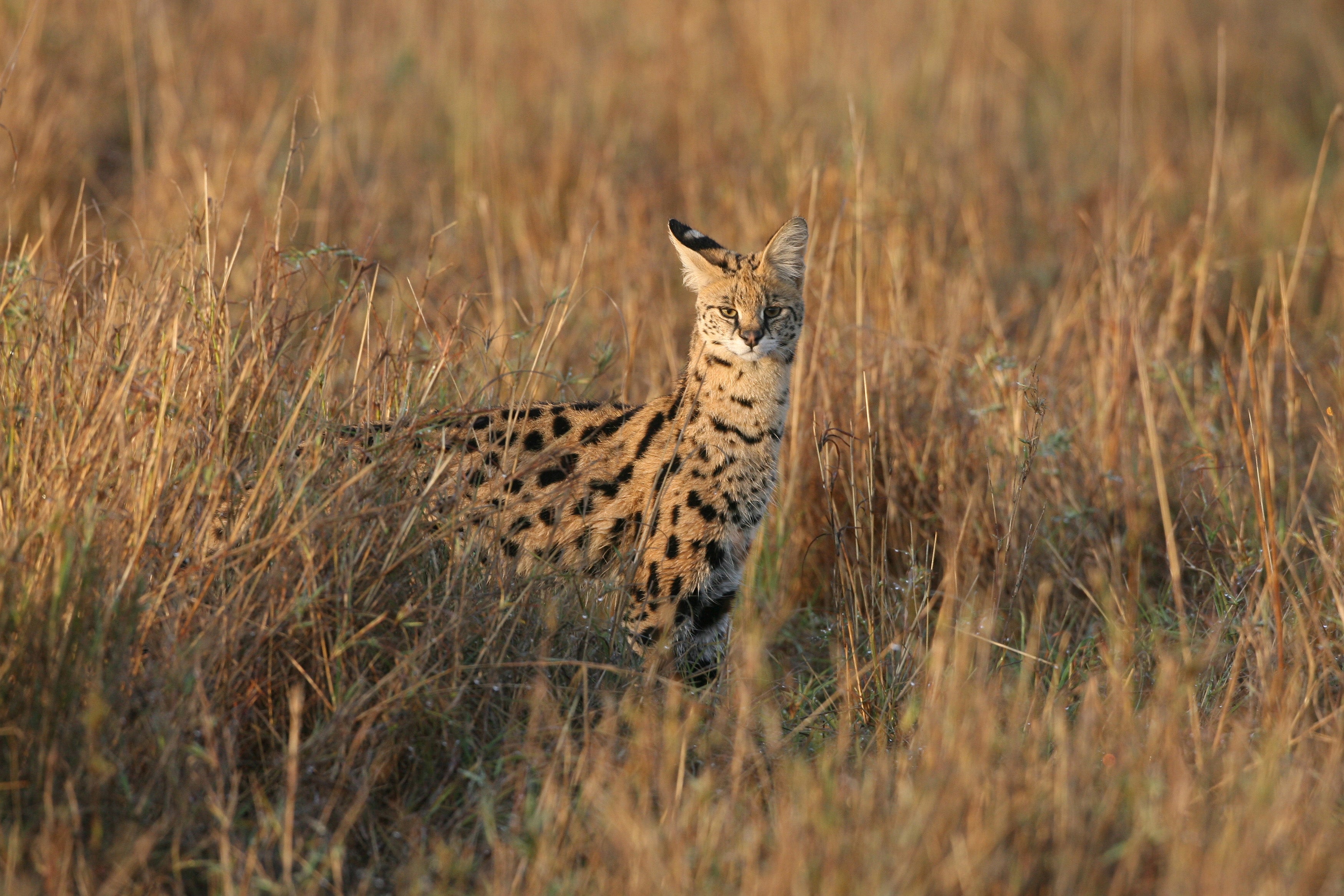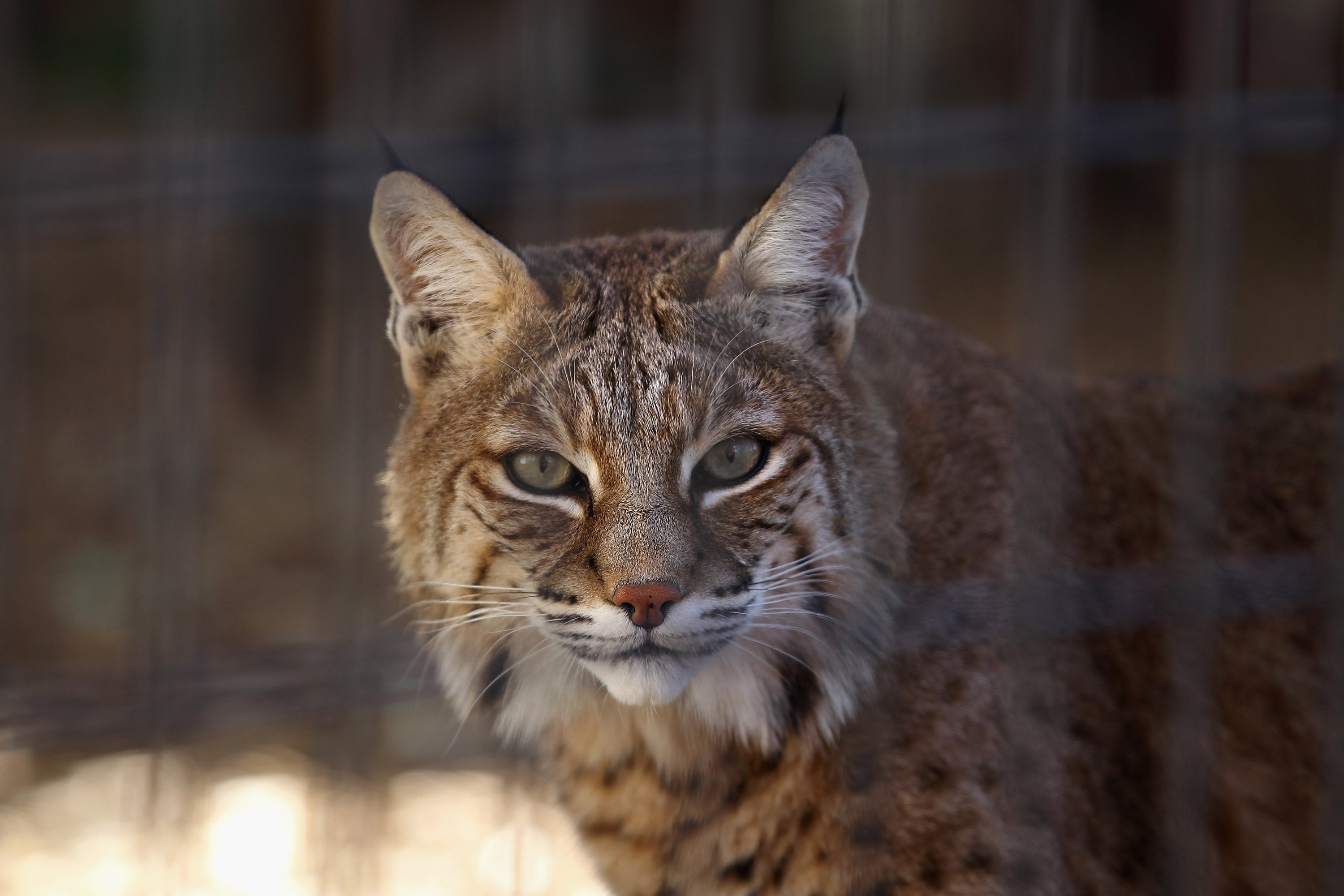Twenty big cats die after contracting bird flu at Washington State animal sanctuary
The sanctuary has now begun a months-long sanitation process

Your support helps us to tell the story
From reproductive rights to climate change to Big Tech, The Independent is on the ground when the story is developing. Whether it's investigating the financials of Elon Musk's pro-Trump PAC or producing our latest documentary, 'The A Word', which shines a light on the American women fighting for reproductive rights, we know how important it is to parse out the facts from the messaging.
At such a critical moment in US history, we need reporters on the ground. Your donation allows us to keep sending journalists to speak to both sides of the story.
The Independent is trusted by Americans across the entire political spectrum. And unlike many other quality news outlets, we choose not to lock Americans out of our reporting and analysis with paywalls. We believe quality journalism should be available to everyone, paid for by those who can afford it.
Your support makes all the difference.Twenty big cats have died after contracting bird flu at a Washington State animal sanctuary.
The Wild Felid Advocacy Center of Washington in the city of Shelton announced the deaths on December 20. Just two weeks prior, officials confirmed the presence of bird flu in the sanctuary, which forced the center to close and quarantine.
“This tragedy has deeply affected our team, and we are all grieving the loss of these incredible animals,” the center said in a statement on Facebook.
“Now, we turn to the community for support as we focus on the care and recovery of our surviving felids,” the statement continued. “The mounting medical costs, even at discounted rates, have placed a significant financial strain on our sanctuary.”
The sanctuary included a full list of the cats who passed away: Tabbi, a half-Bengal tiger; Crackle, an African caracal; Mouse, a Geoffroy’s cat; Pebbles, a Bengal cat; Thumper, a Eurasian lynx; cougars Hooligan, Holly, Harley and Hannah Wyoming; Canada lynx cats Chuckie and P’uch’ub; bobcats Digger, Willie Bob, Ruffian and Tank; and African servals Nile, Percival, Nefertiti, Blondie and Shasta.

Caretakers first noticed the cats developing pneumonia-like symptoms in November, The New York Times reports. The virus, unknown at the time, spread quickly. The first cat to die was one of the cougars, while an African serval was the last to die on December 13.
Now, the sanctuary is home to just 17 cats, according to the Times. Workers quickly removed the 8,000 pounds of freezer-stored food to prevent any further infections. Now, they’re working through a sanitation process that could take months to complete, founder and director Mark Mathews told the paper.
“We have to go through and disinfect each habitat,” he said. “Any straw or organic matter needs to come out and be bagged and then burned, and then we have to disinfect again. Then we have to let it set for a couple weeks.”
Bird flu is spreading across the country, mostly impacting poultry flocks and dairy herds. California declared a state of emergency last week due to the spread of bird flu in the state, and more than 60 people have contracted the virus across the US.
Health officials recently announced that a person in Louisiana has the first recorded case of severe illness caused by bird flu in the nation. The patient had been around sick and dead birds in backyard flocks.
The person has been hospitalized.
“While the current public health risk for the general public is low, people who work with birds, poultry or cows, or have recreational exposure to them, are at higher risk,” the Louisiana Department of Health said earlier this month.
However, there has been no human-to-human transmission of bird flu reported in the US to date.
Join our commenting forum
Join thought-provoking conversations, follow other Independent readers and see their replies
Comments